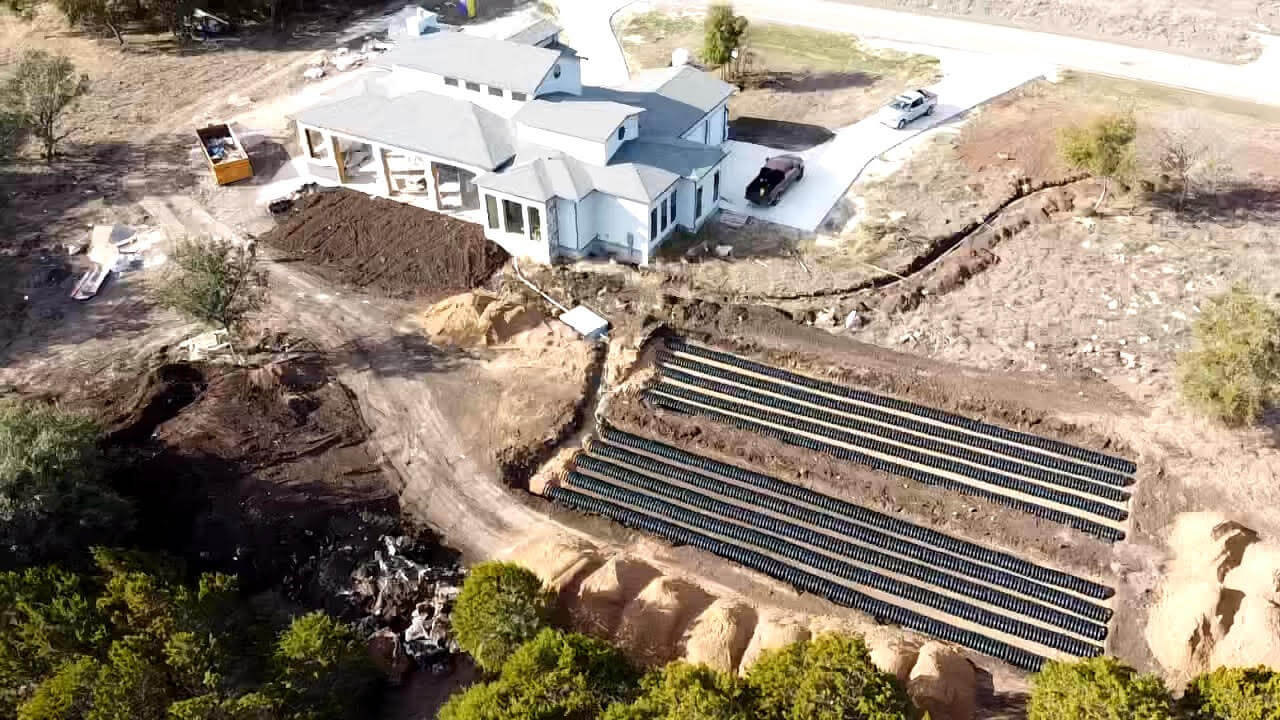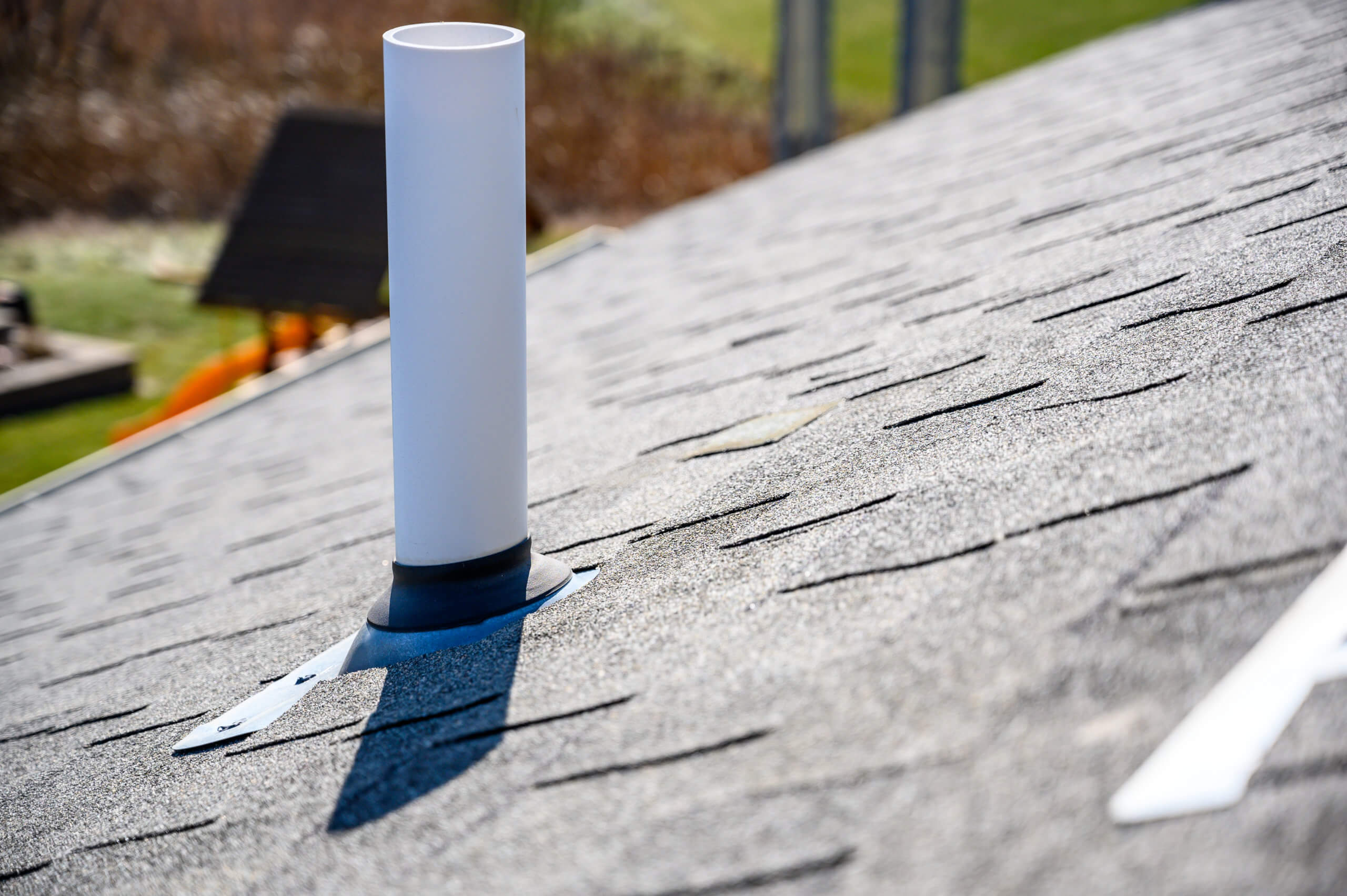Septic Systems
Septic systems are essential for homes and businesses that are not connected to the municipal sewer system. These systems treat and dispose of wastewater, ensuring that the environment and public health are protected. There are several types of septic systems available, and each system has unique features that make it suitable for specific applications. In this guide, we'll explore the different types of septic systems and their benefits to help you make an informed decision about the right septic system for your needs.
Did you know? According to the EPA, more than 20% of U.S. homes use septic systems to treat their wastewater. Properly maintained septic systems can last 25-30 years, making them a cost-effective long-term solution for wastewater management.
Types of Septic Systems
Conventional Systems
A conventional septic system is the most common type of septic system used in residential and commercial settings. The system consists of a septic tank, which is buried underground, and a drain field that is typically located nearby. Wastewater from the house flows into the septic tank, where solids and liquids are separated. The solids settle to the bottom and are partially broken down by bacteria, while the liquids move on to the drain field. In the drain field, the liquid wastewater is dispersed into the soil and further treated by the soil's natural filtering and purification processes.
Conventional septic systems are relatively low maintenance, cost-effective, and can last for decades with proper care and regular service of the septic system.
Alternative Systems
Alternative septic systems, such as Aerobic Treatment Units (ATUs), Mound Septic Systems, Drip Distribution Systems, Geotextile Sand Filter, and Chamber Systems, are becoming increasingly popular in areas with poor soil conditions or sites with specific design requirements.
Aerobic Treatment Units (ATUs)
Used in areas with high water tables or soil that cannot adequately treat wastewater. ATUs utilize oxygen and bacteria to break down the waste, producing a higher quality effluent than conventional septic systems.
Mound Septic Systems
Designed for areas with shallow bedrock or high water tables and involve constructing a mound of sand and gravel to elevate the drain field.
Drip Distribution Systems
Use a network of small tubes or pipes to distribute wastewater evenly across the soil, allowing for more efficient treatment.
Chamber Systems
A newer alternative that uses lightweight plastic chambers to replace traditional gravel-filled drain fields, making them easier and faster to install.
Alternative septic systems typically require more maintenance and monitoring than conventional systems, but they can provide solutions for sites that cannot support traditional septic systems.
Pro Tip: When considering an alternative septic system, consult with a professional to determine which system is best suited for your specific soil conditions, property size, and local regulations. The right system can save you thousands in maintenance and replacement costs over time.
How to Choose the Right Septic System
When deciding between a conventional septic system and an alternative septic system, there are several factors to consider. Conventional systems are generally less expensive to install and maintain and are a suitable option for sites with adequate soil conditions. They are also the most widely used septic system, making them a reliable and proven choice.
However, alternative systems are often required for sites with poor soil conditions or specific design requirements. These systems can produce higher-quality effluent and may be the only option available in some areas. Alternative systems may also require less space for installation or provide better treatment for certain types of waste, such as wastewater from a commercial kitchen.
Key Factors to Consider When Choosing a Septic System
- Soil conditions: The type and permeability of your soil affects which systems will work effectively
- Property size: Some systems require more space than others
- Local regulations: Many areas have specific requirements for septic system installations
- Budget: Consider both initial installation costs and long-term maintenance expenses
- Water usage: Households with high water usage may need larger or specialized systems
- Environmental sensitivity: Properties near water bodies may require systems with advanced treatment capabilities
Ultimately, the decision between a conventional and alternative septic system will depend on the unique needs and limitations of your site. A professional septic system installer can help you evaluate these factors and recommend the most appropriate system for your property.
Conclusion
Choosing the right septic system is an important decision that requires careful consideration of site conditions, budget, and specific needs. While conventional septic systems are the most commonly used and cost-effective option, alternative septic systems can provide solutions for sites with poor soil conditions or specific design requirements.
Whether choosing a conventional or alternative septic system, proper installation, regular maintenance, and monitoring are crucial to ensure the system operates effectively and efficiently for years to come. By understanding the different types of septic systems available and their benefits, homeowners and businesses can make informed decisions and ensure that their septic system meets their needs while protecting public health and the environment.
Remember: Regular maintenance is key to extending the life of any septic system. Schedule professional inspections every 1-3 years and pumping every 3-5 years depending on your household size and system type. This preventative care can help you avoid costly repairs and system failures.
Decided that we're the right fit for you?
Call us at 844 PLUMB-ALL


